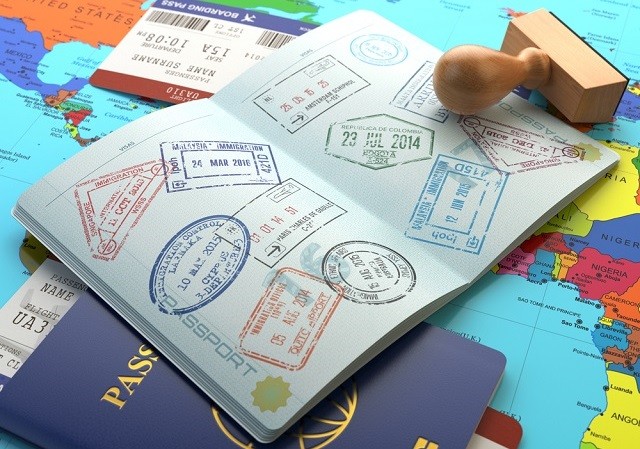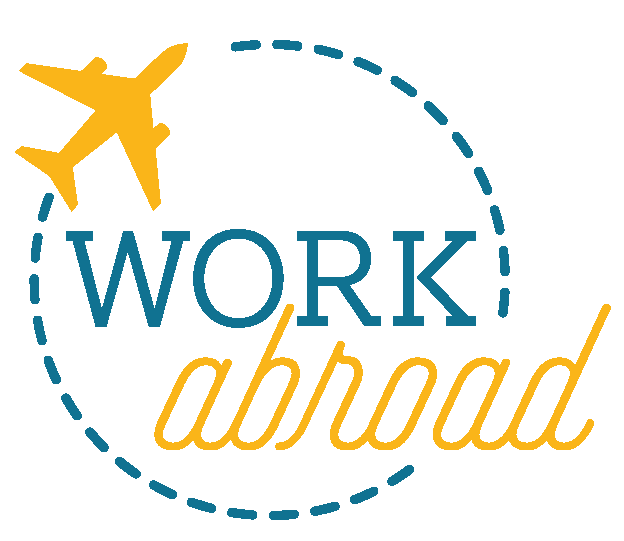Overseas Employment Agencies in Rawalpindi is the UMS

UMS (Union Manpower Services) is one of the well-known overseas employment agencies in Rawalpindi, Pakistan. With its commitment to connecting job seekers with international job opportunities, UMS plays a significant role in facilitating overseas employment for individuals in the region. Here are some key aspects highlighting the role and reputation of UMS as an overseas employment agency:
- Extensive Network and Partnerships: UMS has developed an extensive network of employers, recruiters, and partners across various countries. This network allows them to access a wide range of job opportunities in different industries and sectors, catering to the diverse needs and aspirations of job seekers. UMS leverages its partnerships to provide job seekers with reliable and reputable employment options.
- Expertise and Experience: With years of experience in the industry, UMS has gained expertise in understanding the dynamics of overseas employment. Their team of professionals possesses knowledge about visa processes, work permits, labor laws, and cultural considerations in different countries. This expertise enables them to guide job seekers through the entire process, ensuring compliance and a smooth transition.
- Comprehensive Services: UMS offers comprehensive services to job seekers, assisting them throughout the employment journey. Their services include initial consultations, resume writing, skill assessment, interview preparation, documentation support, and guidance on pre-departure and post-arrival processes. UMS aims to provide a seamless and hassle-free experience for job seekers seeking employment overseas.
- Ethical Practices and Transparency: UMS is known for its ethical practices and transparency in dealing with job seekers. They ensure that the recruitment process is fair, transparent, and compliant with legal and regulatory requirements. UMS strives to maintain a high level of integrity, safeguarding the interests of job seekers and maintaining long-term relationships with their clients and partners.
- Customer Satisfaction: UMS prioritizes customer satisfaction and aims to match job seekers with suitable employment opportunities. They take into consideration the preferences, qualifications, and aspirations of job seekers, ensuring a good fit with the job vacancies available. UMS values feedback from both job seekers and employers to continuously improve their services and enhance customer satisfaction.
In conclusion, UMS is a reputable overseas employment agency in Rawalpindi, providing valuable services to job seekers in their pursuit of international job opportunities. With their extensive network, expertise, comprehensive services, ethical practices, and customer-centric approach, UMS has established itself as a reliable partner for individuals seeking overseas employment.



 Trade test and training centers in Pakistan play a crucial role in the development of skilled manpower by providing vocational training and assessing the proficiency of individuals in various trades. These centers offer a range of programs and services to enhance technical skills, improve employability, and meet the demands of different industries. Here are some key points highlighting the significance of trade test and training centers in Pakistan:
Trade test and training centers in Pakistan play a crucial role in the development of skilled manpower by providing vocational training and assessing the proficiency of individuals in various trades. These centers offer a range of programs and services to enhance technical skills, improve employability, and meet the demands of different industries. Here are some key points highlighting the significance of trade test and training centers in Pakistan: